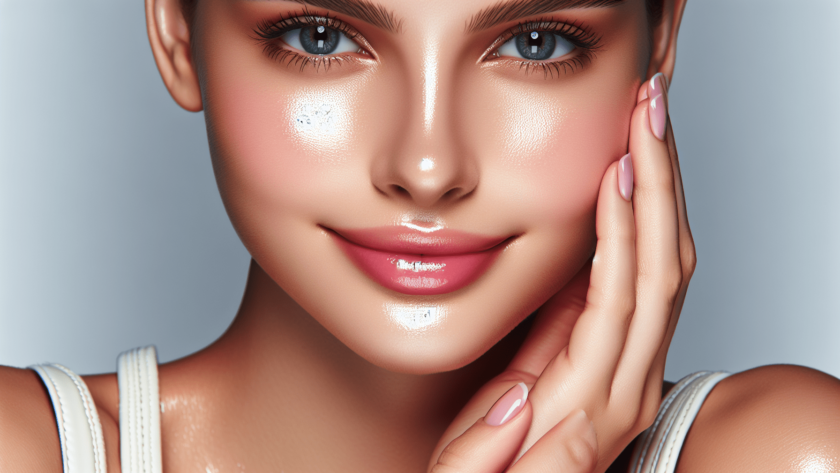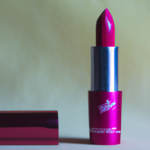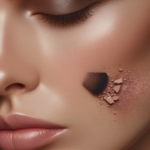Are you looking to achieve clearer, healthier-looking skin? You may want to consider incorporating probiotics into your skincare routine. Probiotics are live bacteria and yeasts that are beneficial for your gut health, and research suggests they may also help improve the condition of your skin. By balancing the good and bad bacteria on your skin, probiotics can help reduce inflammation, promote a strong skin barrier, and even combat common skin issues like acne and eczema. So next time you’re browsing the skincare aisle, don’t forget to consider the power of probiotics for achieving that radiant, clear complexion you’ve been dreaming of. Can I use probiotics for clearer skin?
Understanding Probiotics and Their Role in Skin Health
You may have heard about the benefits of probiotics for gut health, but did you know they can also play a role in improving the health and appearance of your skin? Probiotics are live bacteria and yeasts that are beneficial for your overall health, including your skin. These “good” bacteria help balance the microbiome of your skin, leading to clearer, healthier skin.
How Probiotics Benefit Your Skin
Probiotics can benefit your skin in a variety of ways, such as reducing inflammation, strengthening the skin barrier, and promoting a healthy balance of bacteria on the skin’s surface. By keeping the skin’s microbiome balanced, probiotics help to prevent conditions like acne, eczema, and rosacea.
Incorporating Probiotics Into Your Skincare Routine
If you’re looking to improve your skin’s health with probiotics, there are several ways you can incorporate them into your skincare routine. From cleansers and serums to supplements and masks, there are numerous options to choose from.
Choosing the Right Probiotic Skincare Products
When selecting probiotic skincare products, look for ones that contain live cultures of beneficial bacteria. Ensure the product is designed for your specific skin type and concerns. It’s also essential to pay attention to the concentration of probiotics in the product – the higher, the better.
DIY Probiotic Skincare Treatments
If you prefer a more natural approach, you can create DIY probiotic skincare treatments at home using ingredients like yogurt, kefir, and fermented foods. These homemade remedies can be a cost-effective way to harness the power of probiotics for clearer skin.
The Connection Between Gut Health and Skin Health
Did you know that there’s a significant connection between your gut health and your skin health? The gut-skin axis is a bidirectional relationship, meaning that the health of your gut can impact the health of your skin and vice versa.
How Gut Health Affects Skin Health
Imbalances in your gut microbiome can lead to inflammation, which can manifest as various skin conditions like acne, eczema, and psoriasis. By maintaining a healthy gut with the help of probiotics, you can improve your skin’s health and appearance.
Incorporating Probiotics Into Your Diet
In addition to using probiotics topically, you can also improve your gut health by incorporating probiotic-rich foods into your diet. Fermented foods like yogurt, kimchi, sauerkraut, and kombucha are excellent sources of probiotics that can promote a healthy gut and, in turn, clearer skin.
Potential Side Effects of Probiotics for Skin
While probiotics are generally safe for most people, some individuals may experience side effects when using them for skincare. It’s essential to be aware of potential adverse reactions so that you can make an informed decision about whether probiotics are right for you.
Possible Side Effects of Using Probiotics for Skin
Some people may experience minor side effects like redness, itching, or irritation when using probiotic skincare products. These reactions are usually temporary and will subside once your skin adjusts to the new product. If you experience severe or persistent side effects, discontinue use and consult a dermatologist.
Allergic Reactions to Probiotics
If you have a known allergy to any of the ingredients in a probiotic skincare product, you may experience an allergic reaction. It’s essential to carefully read the ingredient list and perform a patch test before using the product on your face to avoid potential allergic reactions.
Consultation with a Dermatologist
Before incorporating probiotics into your skincare routine, it’s a good idea to consult with a dermatologist. A skincare professional can assess your skin’s specific needs and recommend the best probiotic products for your skin type and concerns.
Benefits of Consulting with a Dermatologist
A dermatologist can provide personalized recommendations based on your skin’s unique requirements. They can also help you determine the underlying causes of your skin issues and develop a comprehensive treatment plan that includes probiotics and other skincare products.
Skincare Regimen Customization
By working with a dermatologist, you can create a customized skincare regimen that addresses your skin concerns and promotes overall skin health. Whether you have acne-prone, sensitive, or aging skin, a dermatologist can tailor a regimen that includes probiotics to help you achieve clearer, healthier skin.
Conclusion
In conclusion, probiotics can be a valuable addition to your skincare routine if you’re looking to improve the health and appearance of your skin. By understanding the benefits of probiotics, incorporating them into your skincare routine, and considering their connection to gut health, you can achieve clearer, healthier skin with the help of these beneficial bacteria. Remember to consult with a dermatologist before making any significant changes to your skincare routine to ensure you’re using the most suitable products for your skin type and concerns.




